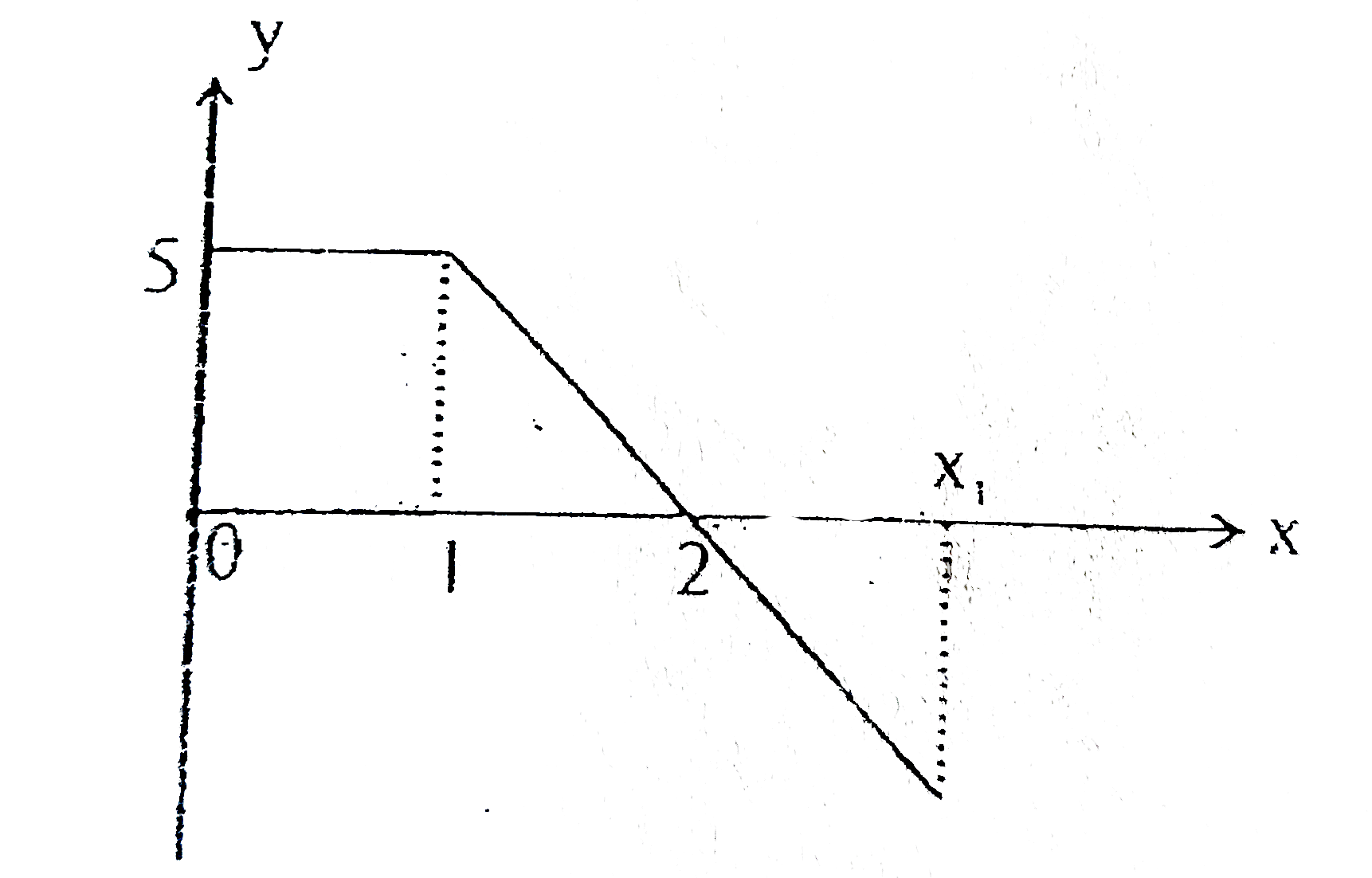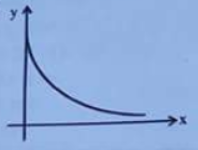If derivative of y=8√sinx is dydx=kcosx√sinx, what is numerical value of constant k?Solution in Gujrati
The correct Answer is:4
Step by step video & image solution for If derivative of y=8sqrt(sinx)" is "(dy)/(dx)=(kcosx)/(sqrt(sinx)), what is numerical value of constant k? by Physics experts to help you in doubts & scoring excellent marks in Class 12 exams.
Updated on:21/07/2023Topper's Solved these Questions
- RACEBOOK - ALLEN CHAPTER - RACEEXERCISE - Basic Maths (Integration)
12 Videos
- RACEBOOK - ALLEN CHAPTER - RACEEXERCISE - Basic Maths (Graphs))
28 Videos
- RACEBOOK - ALLEN CHAPTER - RACEEXERCISE - Basic Maths (Trigonometry)
22 Videos
- NEWTONS LAWS OF MOTIONBOOK - ALLEN CHAPTER - NEWTONS LAWS OF MOTIONEXERCISE - EXERCISE-III
28 Videos
- SIMPLE HARMONIC MOTIONBOOK - ALLEN CHAPTER - SIMPLE HARMONIC MOTIONEXERCISE - Example
1 Videos
Similar Questions
Find the value of x1, so that ∫x10ydx=5

View SolutionWhich of the following equation is best representation of following graph's?

View SolutionConvert the angle from degree to radian :
(a) 30∘(b) 45∘(c) 60∘(d) 90∘(e) 120∘(f) 135∘(g) 210∘(h) 270∘(i) 315∘
View SolutionAssertion: The driver in a vechicle moving with a constant speed on a straight road is in a non-inertial frame of referance.
Reason: A reference frame in which Newton's laws of motion are applicable is non-inertial.
View SolutionA rod with rectangular cross section oscillates about a horizontal axis passing through one of its ends and it behaves like a seconds pendulum, its length will be
View SolutionIf y = sqrt(sinx+y) , then (dy)/(dx) is equal to
View SolutionIf y=√sinx√sinx+√sinx+..to∞,then dydx , is equal to
View Solutionयदि y=√sinx+cosx+√sinx+cosx+√sinx+cosx+...∞ तो dydx का मान ज्ञात कीजिए ।
View SolutionIf y=√sinx+√sinx+√sinx+...∞, then the value of dydx is -
View SolutionIf y=2+√sinx+2+√sinx+2+√sinx+…∞ then the value of dydx at x = 0 is
View Solutionयदि y=√sinx+√sinx+√sinx+…∞ हो तो dydx का मान है
View Solutiony=√sinx+√sinx+√sinx+.....∞ হলে dydx -এর মান হয়—
View Solutionयदि y=(sinx)(sinx)(sinx)...∞, तो dydx का मान है
View SolutionIf y = sqrt(sinx+y) , then (dy)/(dx) is equal to
View SolutionIf y = sqrt(sinx+y) , then (dy)/(dx) is equal to
View SolutionFind dydx of
y=√sinx+√sinx+√sinx+.....
View Solution
